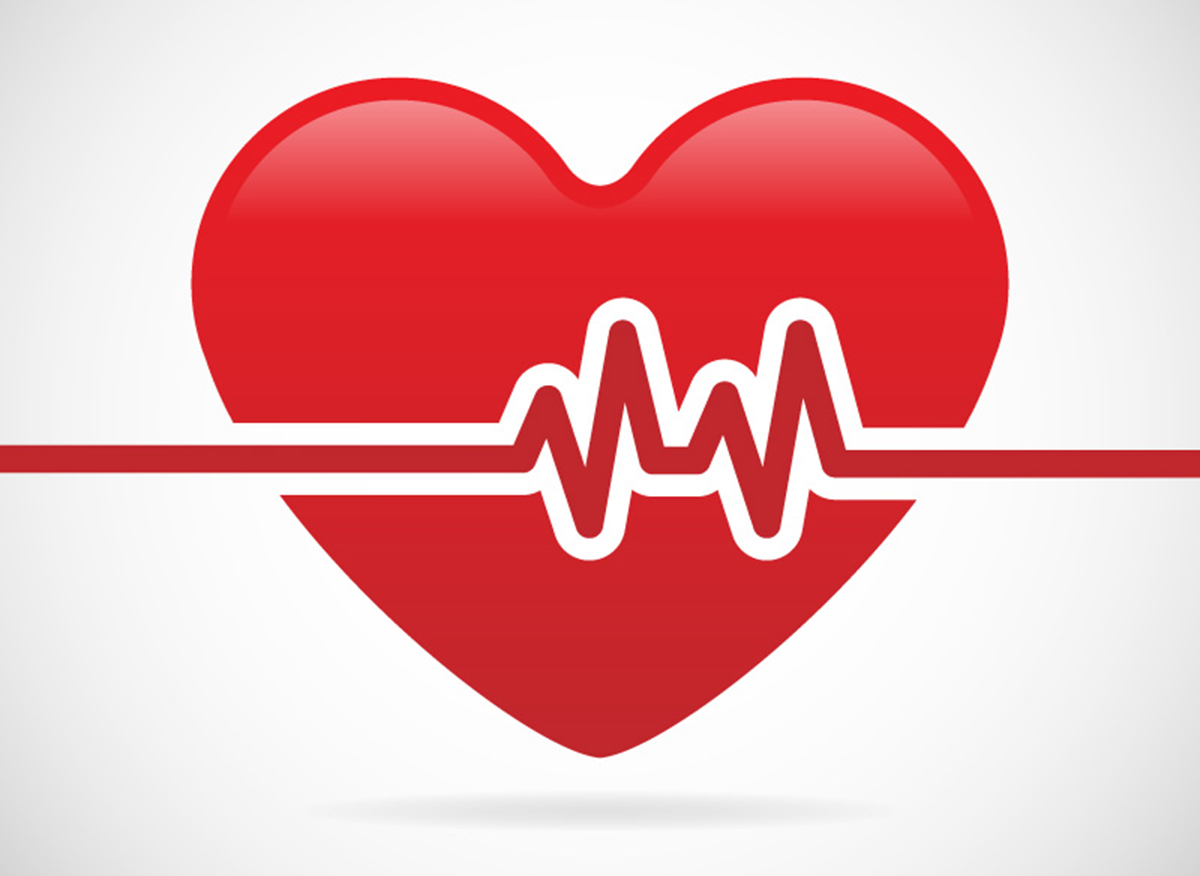Table of Contents
Most causes of cardiac arrests in hospital patients, about 80%, are due to non-shockable rhythms where, despite many complaints by the medical fraternity, are still represented by movies and television shows as being managed by defibrillating (shocking) patients using a defibrillator. The fact is that these conditions are managed by performing high-quality CPR (cardio-pulmonary resuscitation) through chest compressions and ventilation of the patient, and administering medications that stimulate the heart muscle such as adrenaline and atropine. Unfortunately, in general, these non-shockable cardiac arrests have a much lower survival rate than shockable rhythms.
It is known that patients who experience cardiac arrests due to non-shockable rhythms in hospital, and who receive adrenaline beyond 5 minutes after the episode, have a lowered survival rate. What isn't known though is what the extent of the hospital variation is in delayed adrenaline administration and its impact on patient outcomes at hospital level.

The study
Researchers looked at and analyzed nearly 104,000 records of patients, of 18 years and over, who had cardiac arrests (whose hearts had stopped) while in hospital and who received at least one dose of adrenaline. The information was collected from a large national registry overseen by the American Heart Association, and looked at patient information from nearly 550 hospitals across the United States.
The findings
The following discoveries were made when the data was researched.
- There was a large variability in how quickly adrenaline was administered among the different hospitals that were reviewed. The data showed that hospitals that were managing large number of patients with cardiac arrests, were administering adrenaline at a faster rate than those that were treating a relatively lower number of cases.
- Close to 13% of patients survived cardiac arrest when adrenaline was given within the first 5 minutes of the incident, compared to around 11% when adrenaline was given after five minutes. This finding was independent of all other aspects of care, and also quite significant because this meant that there was a 20% better survival rate in the former mentioned patients.
- Delayed adrenaline administration also seemed to result in unfavourable outcomes on the functional recovery of the patient.
READ Sudden Cardiac Arrest and Primary First Aid Treatment
The clinical significance
Further research
The researchers of this study want to further investigate the processes that are used at hospitals with few delays in adrenaline administration, and compare them with the processes of hospitals where there are more frequent delays. This would help to identify patterns that could help improve the time it takes to administer adrenaline and whether doing so would improve the patients' survival rates.
- www.medicalbrief.co.za/archives/delay-administration-epinephrine-raises-mortality-risk/
- en.wikipedia.org/wiki/Basic_life_support
- Photo courtesy of freepik.com
- Infographic by SteadyHealth.com


Your thoughts on this